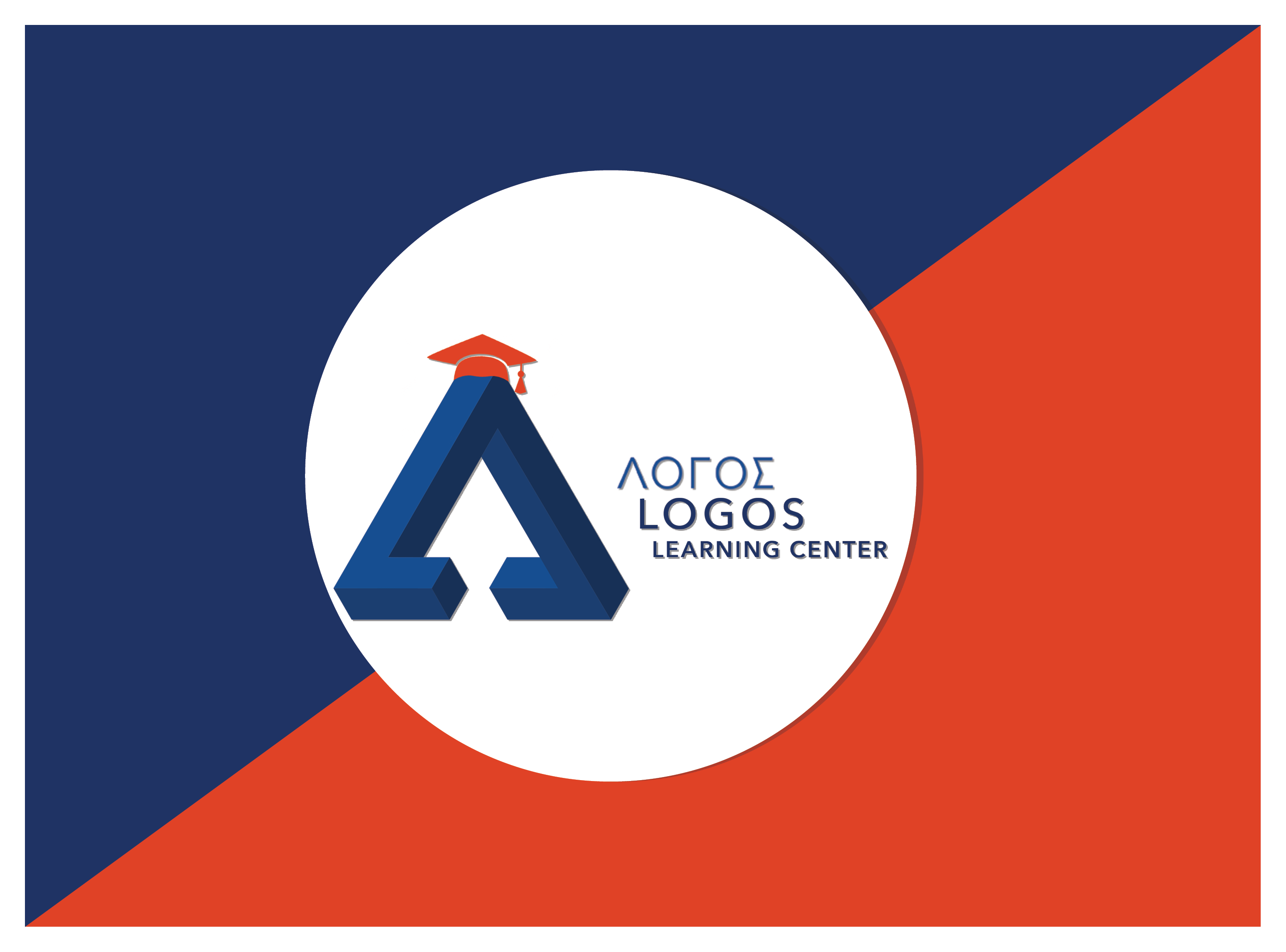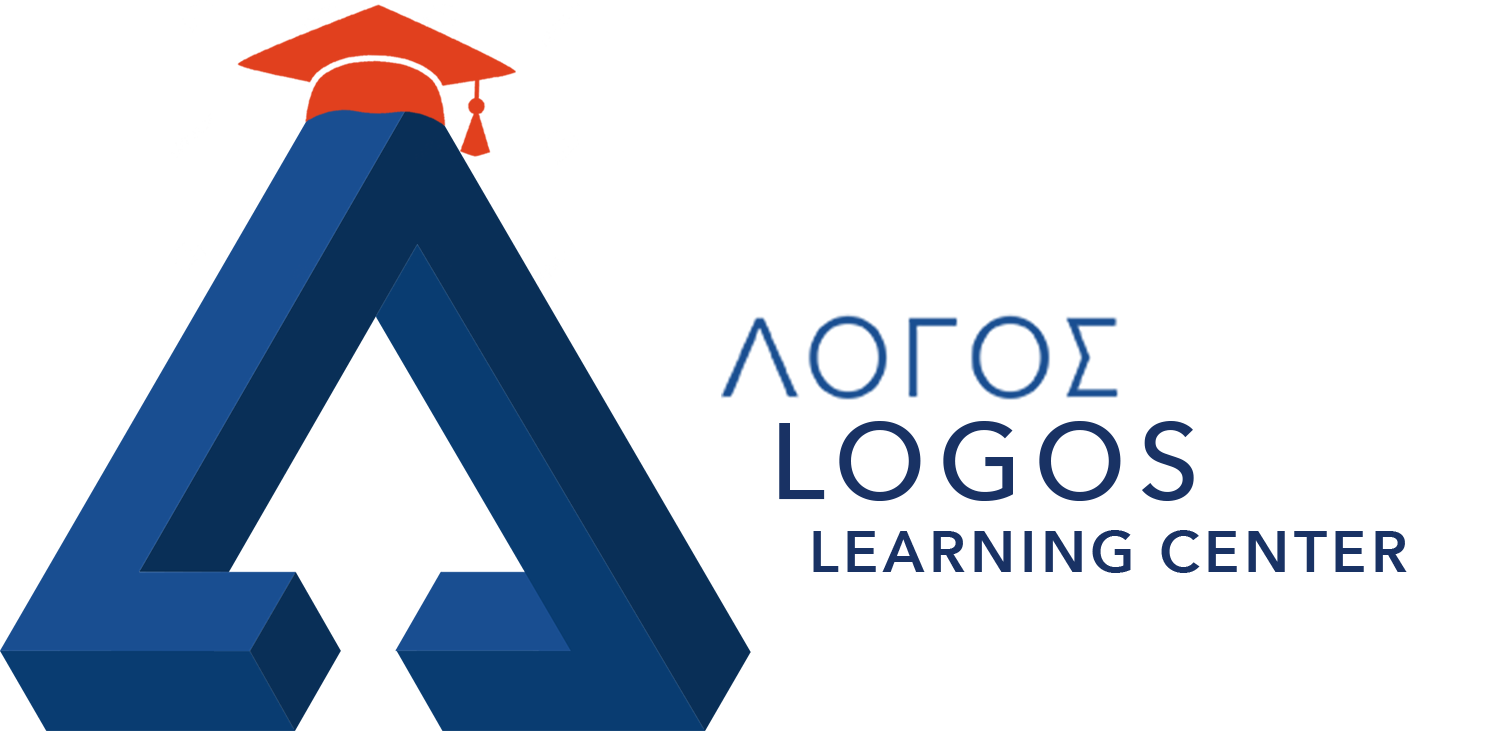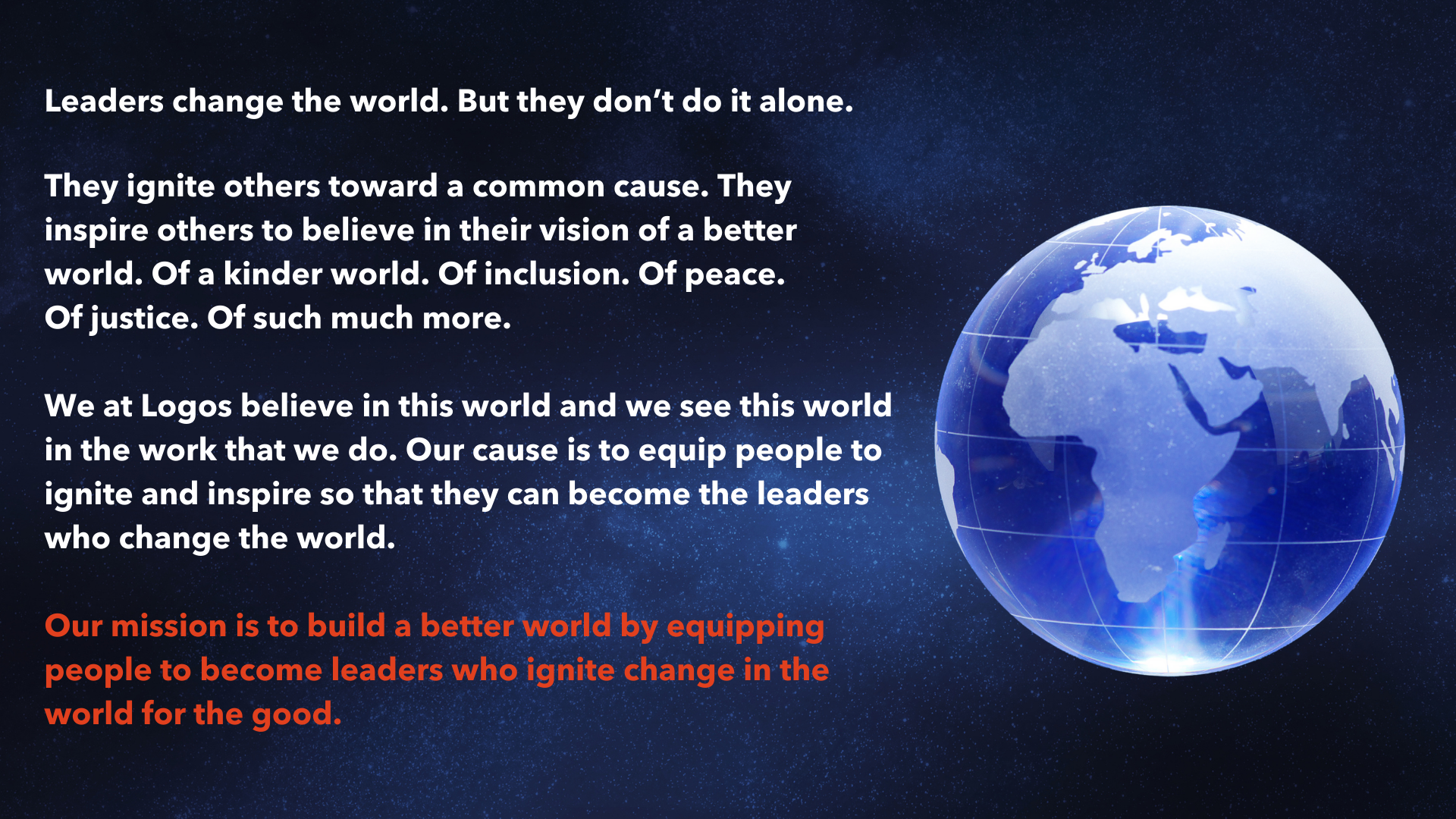Helio Fred Garcia, founder of Logos Consulting Group and Logos Institute for Crisis Management and Executive Leadership, has been a trusted advisor, coach, speaker, writer and teacher for more than 36 years.
With a global classroom and client roster, as well as several published books and translations, Garcia has undoubtedly touched thousands – if not millions – with the Logos Method of performing over pressure while under pressure, which he developed nearly four decades ago.
In the spirit of advising, sharing and reaching a global community, Logos opened its doors to a conversation with Garcia and Logos colleague and former student, Kristin Johnson, to talk about a seasoned career teaching and advising in both the classroom and the boardroom.
What came first? Teaching or advising?
I have been very fortunate in my career to have benefitted from a number of mentors who took me under their wing and taught me; they also offered me opportunities to teach others.
In 1983, when I was 26 and still studying Greek philosophy in graduate school, I developed and taught an ethics training program for an industry association whose industry had suffered a major loss of trust.
In 1985, while at Burson-Marsteller, I was asked to develop an in-house course on financial markets to help our team of English majors be better able to advise our Wall Street clients. This later became the basis of the investor relations course I taught when I joined the NYU faculty three years later.
For the first five years of my career I was also simultaneously doing graduate studies at Columbia and serving as a teaching assistant for one of my mentors in the Philosophy Department at NYU. In 1985 my mentor asked me to guest teach a philosophy segment on perception versus reality (Plato’s Allegory of the Cave), using journalism and PR as a modern equivalent. He audiotaped the class, and played it for the department chair in the PR department. This led to a series of guest lectures on PR, which then led to my being invited to join the NYU PR faculty in 1988.

My first course was an intensive to prepare people for the Public Relations Society of America (PRSA) accreditation exam. I also began teaching investor relations, which I taught for four semesters. All the while I was practicing high-stress PR, doing mergers and acquisitions-related IR at firms that are now called Ogilvy PR and Weber Shandwick and while head of PR at the investment bank First Boston.
I started teaching communication ethics and law, communication strategy, and crisis communication at NYU in 1990, and have taught some version of those three topics at NYU and elsewhere ever since.
All along, I would bring into the classroom what I gathered from doing the work in the world. But I would also take the systematization of content that graduate-level teaching required and bring that into client consultations. There has been a continuous loop ever since, between the practical realities of work and the systematic elaboration of it in the classroom, in books, and in other written content. That’s the approach I brought to the creation of the Logos Institute, which stands at the intersection of scholarship and practice, providing rigorous analysis and practical application of key leadership principles.
So I consider myself a teacher when I am working with clients in the advising capacity. And, when I am in a university in the role of professor, I also consider myself an advisor to my students, many of whom I have actively mentored even after they’ve graduated.
And you’ve been at NYU continuously since 1988?
I’ve been on the adjunct faculty continuously since 1988.
I started as an adjunct assistant professor and in 1993 was promoted to adjunct associate professor in what is now called the School of Professional Studies. I started as an adjunct professor of management in NYU’s Stern School of Business Executive MBA program in 2002.

Fred with former NYU student, current NYU colleague, and Logos Senior Advisor Laurel Hart at a recent NYU graduation
For eight years in the 1990s I was head or co-head of NYU’s Summer Institute in Public Relations, then a two-week immersion. I was also the faculty recruiter for the PR program for 10 years.
In 2004 and 2005 I helped to develop the curriculum and recruit professors in the new NYU Master’s in Public Relations and Corporate Communication in the School of Professional Studies.
Between NYU’s Stern School of Business and School of Professional Studies I’ve taught 98 courses in 69 individual semesters – 26 Spring, 26 Fall, and 17 Summer. All in, I’ve taught more than 2,300 individual NYU students, some 300 of them for two or more courses. I’ve also advised students on 43 capstones, our program’s equivalent of a master’s thesis.
What courses do you teach?
At Stern I teach an elective on crisis management in the Management Department, one semester per year.
At School of Professional Studies I teach some combination of three courses, one each over three semesters per year. These are communication ethics, law, and regulation; communication strategy; and crisis communication. Because of my busy travel schedule I teach only on Saturdays. I can teach an entire semester worth of work over seven Saturdays if the class goes from 9 to 3; over six Saturdays if class goes from 9 to 4.
Do you teach at other universities?
I’ve had the honor and pleasure of standing in many classrooms around the world. For eight years I served on the leadership faculty of the Center for Security Studies of the Swiss Federal Institute of Technology (ETH) in Zurich, Switzerland. There I taught an intensive seminar in the master’s in Advanced Studies in Crisis Management and Security Policy.

I also served for six years on the adjunct faculty of the Starr King School for the Ministry – Graduate Theological Union in Berkeley, California, where I taught a seminar on religious leadership for social change.
We’re not on their faculty, but Wharton School of Business is a Logos Institute client, and several of us contribute to their curriculum and teach on contract there. I’ve been teaching there a few times a year since 1998.
In 2012 I became a contract teacher at the U.S. Defense Information School at Fort George Meade, Maryland. I teach the first day of an intensive, the Joint Senior Public Affairs Officer Course, for lieutenant colonels and colonels and their equivalents in the U.S. armed forces, and in the Joint Intermediate Public Affairs Officer Course, for captains and majors and their equivalents.

Teaching in the Joint Senior Public Affairs Officer Course at U.S. Defense Information School at Fort Meade
But most of my military teaching has been with the United States Marine Corps, whom I started teaching in 1991 after an NYU student who was a Marine recommended me to his commanding officer. (My mentor Jim Lukaszewski, who also taught Marines, simultaneously recommended me to them.) In that time I’ve taught once a year in the Marines’ New York public affairs symposium for newly-named commanders based east of the Mississippi, and for ten years in their Los Angeles symposium for new commanders west of the Mississippi. For about ten years I have also taught in the Brigadier General Select Orientation Course, for newly-promoted generals, and also for five years in the Marine Corps Command and Staff College in Quantico, Virginia.

About to teach in the US Marine Corps Brigadier General Select Orientation Course
And I’ve just finished a tour of various bases around Camp Lejeune, North Carolina. I taught just over 600 Marines, including students and instructors at the Marine Corps Combat Service Support Schools at Camp Johnson; the 2nd Marine Aircraft Wing at Marine Corps Air Station Cherry Point; and the senior leadership (including two 2-star generals and a 1-star general) of the II Marine Expeditionary Force.

Teaching 150 senior leaders of 2nd Marine Aircraft Wing at US Marine Corps Air Station Cherry Point. (USMC photo by Pfc. Nicholas P. Baird)
And for about five years I taught in the executive education program at the Brookings Institution in Washington.
You’ve led many classrooms! You also do a lot of guest teaching, correct?
I have. I have guest spoken at dozens of American universities. But I’ve also been very lucky to be invited to guest teach in universities around the world. These include the graduate business school at Fundação Getulio Vargas in São Paulo, the top school in Brazil, and the Universidad de San Martín de Porres in Lima, Peru.
But most of my guest teaching has been in China.
Say more about your work in China…
I had my first visit to China in 2011. I was there on fellowship, and was designated an International Distinguished Fellow at Tsinghua University, China’s top-rated school. I was in the Institute for Public Relations and Strategic Communication in the School of Communication, and while there I gave a series of lectures and workshops on effective crisis response for graduate students and senior government, corporate, and NGO leaders.
China has been in an incredible transition in the past decade, but communication is still evolving. There is an appetite to understand how communication can be more effective in a more open business society.

Teaching at Communication University of China in Beijing
The relationships that I developed during that time are partly what inspired the Chinese translation of The Power of Communication: Skills to Build Trust, Inspire Loyalty, and Lead Effectively, in 2014.
That’s the book you authored, correct?
Yes. It’s my most recent book. The Power of Communication: Skills to Build Trust, Inspire Loyalty, and Lead Effectively is now in its fourth printing in English and in March the Chinese translation was also in its fourth printing.
In March of 2015, I had an extensive teaching and speaking tour in China, speaking at 15 universities, including Tsinghua University, Peking University, NYU Shanghai, Johns Hopkins-Nanjing Center for Chinese and American Studies, and several corporate events, including Vanke, the largest Chinese residential real-estate developer.

Teaching at Peking University Executive Education, for the China Bankers Association
And as a result of my work in China I’m now a senior fellow at Communication University of China.
And what other books have you published?
I am the co-author, with my former NYU colleague John Doorley, of Reputation Management: The Key to Successful Public Relations and Corporate Communication, now in its third edition. This book is slated for Chinese and Korean translations next year. I also published a two-volume book, Crisis Communications, in 1998, that is now out of print.
Let’s shift the conversation a bit. You travel a lot for your clients. Can you capture just how far you’ve gone for clients?
How far we’ve gone for clients? Metaphorically, my Logos colleagues and I will always go the distance with our clients.
Literally, I can tell you that I just reached my seven million mile mark on just one airline – so I suppose we go the distance literally as well.
I’ve worked on six continents, so the miles add up. I’ve spoken in conferences, met with clients, taught, or had other events in more than 75 U.S. cities and dozens of cities abroad, including São Paulo, Rio de Janeiro, Lima, Buenos Aires, Toronto, London, Oxford, Paris, Rome, Stresa, Milan, Zurich, Vienna, Amman, Marakech, Sharm el-Sheikh, Kampala, Dubai, Singapore, Hong Kong, Shanghai, Nanjing, Tianjin, Beijing, Kyoto, Seoul, Sydney, Melbourne, and soon, Istanbul.
You must have some interesting stories to share from your travels…
Two years ago I went to Cairo three times in three weeks, and happened to be there when things got very interesting. I was supposed to speak at a conference in Cairo, but because of the security situation they moved the meeting to the Sinai resort town of Sharm el-Sheikh. I had planned to stay in Egypt for a week before heading to another conference in Kampala, Uganda. But I decided to commute home for the weekend instead.

Teaching at the First All Arab Public Relations Conference in Egypt, 2013
I came home from Cairo three days before the largest anti-government protests in modern history. I flew back to Cairo five days later, which was one day after the Egyptian president had been removed from office by the military. The day I landed I hired a car and driver, and went into Cairo’s city center, which was still in a riotous state. I walked around Tahrir Square, where the demonstrations were still underway, but didn’t feel safe so my driver took me instead to the Pyramids.
Because it was the middle of a revolution, tourists were nowhere to be found. So I hired a pair of horses and a guide, and got to visit the pyramids when they were empty; no tourists, just a few sad vendors trying to unload souvenirs. My guide Sharif and I spent the rest of the day, up to sunset, riding around the ruins, going into tombs, and riding out into the Sahara. I never imagined I’d have the place to myself. I’ve been to many beautiful places, many historic places, and many dangerous places. But this was one of the most memorable days of my life.

Later that night I caught my long-scheduled flight to Kampala.
Is all of your teaching in universities?
I’ve always seen a direct link between my university teaching and my client work. At Logos, about half our work is executive coaching and education, and about half of that is in a classroom setting. So I find myself teaching in a classroom, whether to a group of 5 or 50 or 500, several times a week, mostly to clients. So the work my Logos colleagues and I do at universities has direct bearing on our client work, not just intellectually but also operationally.
Teaching client executives, who are demanding and often skeptical, helps us be better university teachers. But the need to develop curricula, syllabi, and readings at the university level also adds value to the work we do with clients, especially when we’re coaching them individually or teaching them in a classroom setting.
But the most gratifying part of university teaching is the opportunity to build relationships with students that continue for years — decades. Many students have become my clients. Some of the best have joined the NYU faculty or become Logos colleagues. In fact four of my Logos colleagues are former students; three of them are on the NYU faculty.

Fred with former student, NYU faculty colleague, and Logos Senior Advisor Kristin Johnson.
Thank you for your time.
Thank you. It’s been a pleasure.

 This week, the Logos Consulting Group launched our new online learning platform, the Logos Learning Center. The Logos Learning Center is designed to help everyone bolster their leadership skills so that they can ignite and inspire those who matter to them to create positive change in the world.
This week, the Logos Consulting Group launched our new online learning platform, the Logos Learning Center. The Logos Learning Center is designed to help everyone bolster their leadership skills so that they can ignite and inspire those who matter to them to create positive change in the world. NEW YORK (January 11, 2021) – Today, Logos Consulting Group announced the launch of a new online learning platform, the Logos Learning Center. The Learning Center is designed to help everyone bolster their leadership skills so that they can ignite and inspire those who matter to them to create positive change in the world.
NEW YORK (January 11, 2021) – Today, Logos Consulting Group announced the launch of a new online learning platform, the Logos Learning Center. The Learning Center is designed to help everyone bolster their leadership skills so that they can ignite and inspire those who matter to them to create positive change in the world.












